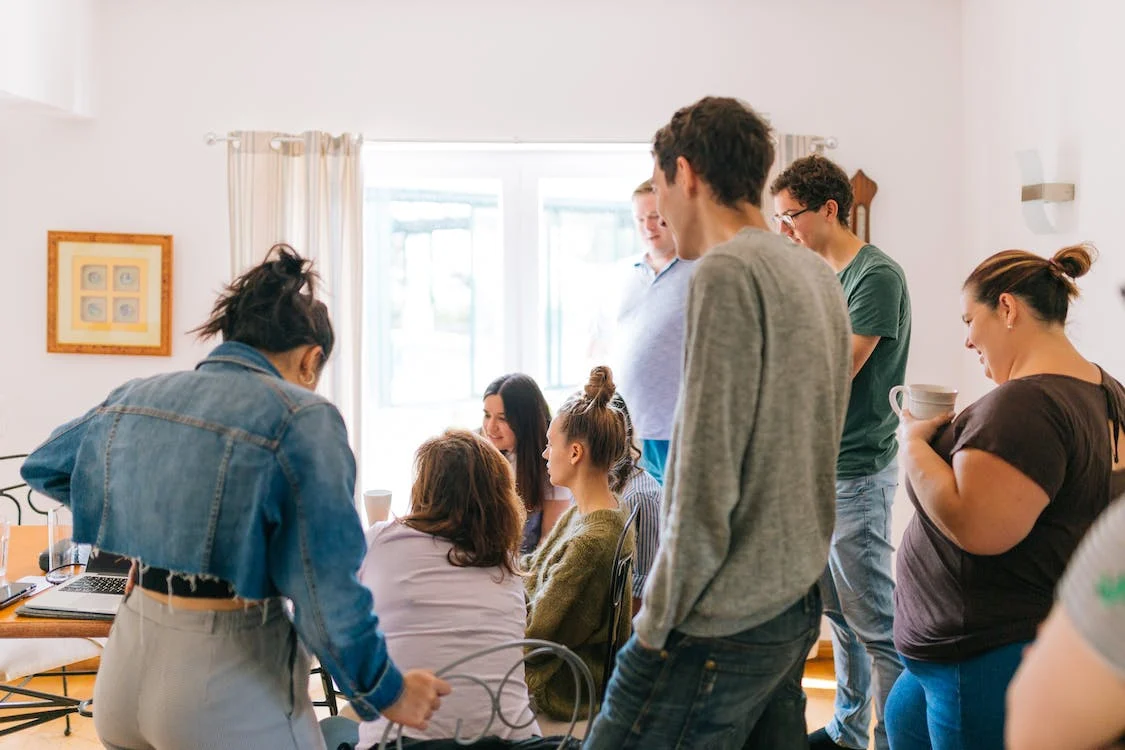Transdisciplinary work on regional experiment areas to create sustainable cities.
Cities have a big impact on climate change and are in addition very sensitive to its effects. It is crucial that we look at cities not only as part of the problem but also as a part of the solution. This is especially important as presumably around 70% of the world population will be living in cities by 2050. There are already a lot of technical solutions available to tackle this challenge, but the complexity of social problems is often creating hurdles for the execution. A transdisciplinary approach is necessary to change this.
The ‘SPRONG’-consortium SURE (SUstainable Cities and Regions) is working together with residents to answer energy transition issues. Their goal is to create smart, sustainable and livable, where residents play an important role in the design and arrangement of their environment. To handle these complex tasks, the SURE projects are set up in a transdisciplinary way and take into account urban planning, architecture, engineering, computer science, ecology, geography, sociology, and ethnology. Additionally, it’s important to establish a dialogue between science and various stakeholders from the practical field, such as research, government, administration, the private sector, public institutions, and civil society organizations
Within the framework of SURE, local solution strategies are being developed for the sustainable use of resources and improved quality of life in urban regions. The consortium forms a learning, innovating, and researching network. Lecturers from Entrance contribute their knowledge and expertise to the network and the projects being carried out.

Duration: April 2021 – January 2025
Total budget of the project: €2.000.000
Budget ENTRANCE: €410.000
Location: Groningen and Utrecht
Partners: 21 partners
Domains: Technological + Economic + Social
Involved professorships: Energy transition + Communication, Behaviour & the Sustainable Society + Biobased Business Valorization (Knowledge centre Biobased Economy)
The future of the transition to sustainable energy.
Developing an innovation roadmap for small-scale wind energy, commissioned by TKI Urban Energy.
Which policy instruments can European cities utilize to promote the implementation of Positive Energy Districts?
How can the Dutch energy market be organized, in order that it joins the changing energy system? This is a central question at the project MODES (Market Organization of the Dutch Energy System).
